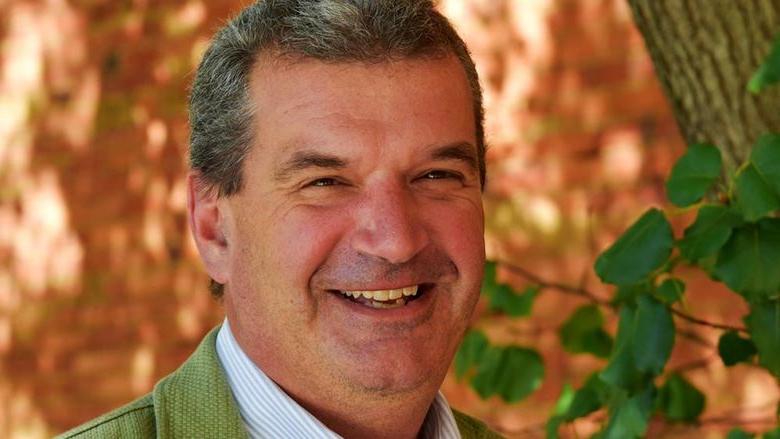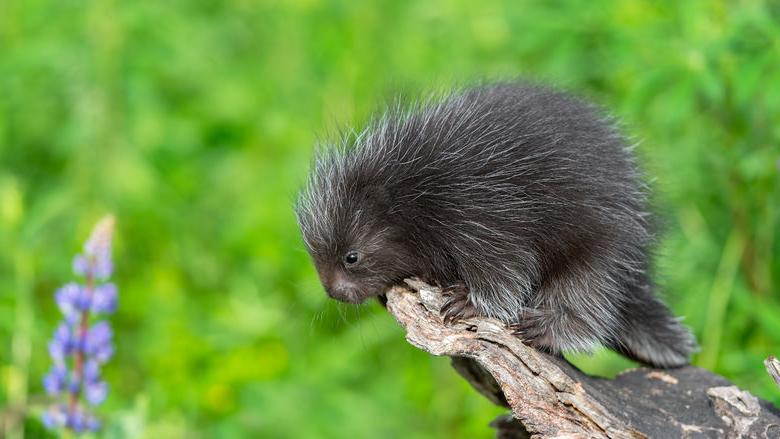
Black Kites at a fire, in Borroloola, Northern Territory, Australia, 2014.
阿尔图纳,爸爸. — “This is not a new discovery,马克·邦塔说, assistant teaching professor of earth sciences at 十大网投平台信誉排行榜阿尔图纳分校, when asked about the firehawks.
但这很重要. Only relatively recently have Westerners came to understand what Aboriginal people have known for tens of thousands of years: some species of birds in the Northern Territory of Australia, collectively referred to as “firehawks,” may be spreading fires intentionally in order to make food collection easier.
Firehawks carry sticks already burning from a wildfire and drop them in another area, which sets a new fire; as small mammals and insects race to escape the flames and smoke, they become easy pickings for the raptors.
的一篇新文章 民族生物学杂志 由Bonta, 罗伯特·高斯福德, 迪克Eussen, 内森•弗格森, Erana Loveless and Maxwell Witwer, discusses the evidence in support of firehawks, as does an article just published in the 纽约时报. A lot of skepticism exists about whether the birds use fire as a tool.
“In the Western mind, fire is the one thing animals don’t have. Fire is what made us human,” Bonta said. “We take for granted ignition and the ability to burn. There’s a lot to be said for what fire did for us — incredible weapons, 枪支, 能够放火. Fire is what gave us power over other animals.”
(有关火灾的更多信息,请参见 Stephen J. Pyne, a leading authority on fire, give a TED Talk on “How Fire Shapes Everything”).
Although the focus is on northern Australia, fire-setting behaviors among birds may not be limited by species or geography. The birds known as firehawks include the Black Kite, Whistling Kite and Brown Falcon; Black Kites are also found in Asia and Africa. Bonta notes some “old reports from Texas and Florida” about caracaras setting fires as well.
Ongoing bird research will help answer questions, of course. “There’s loads to find out,” Bonta said, citing recent findings. “We just learned in 2016 that birds’ neurons are packed differently. They’re way smarter than we thought. We’re just beginning to understand avian memory. Crows’ problem-solving ability is amazing. There are a lot of tool-using behaviors.”
Part of the reason Westerners may have trouble accepting the concept of firehawks, Bonta建议, is our lack of connection to our environment: “Westerners have done little but isolate ourselves from nature,他说. Yet those who make a point of connecting with our earth in some form — he uses turkey hunters as an example — “have enormous knowledge because they interact with a species. When you get into conservation [that knowledge] is even more important.” Aborginal people “don’t see themselves as superior to or separated from animals. They are walking storehouses of knowledge," said Bonta.
But empirical evidence is in the eye of the beholder. While Aboriginal people have known about firehawks for a very long time, there is not yet video evidence to “prove” it to Western scientists. Bonta hopes new attention to the subject will “stimulate other people to go out into the field and study this. 这应该会激励.“也许还可以生一堆火?





